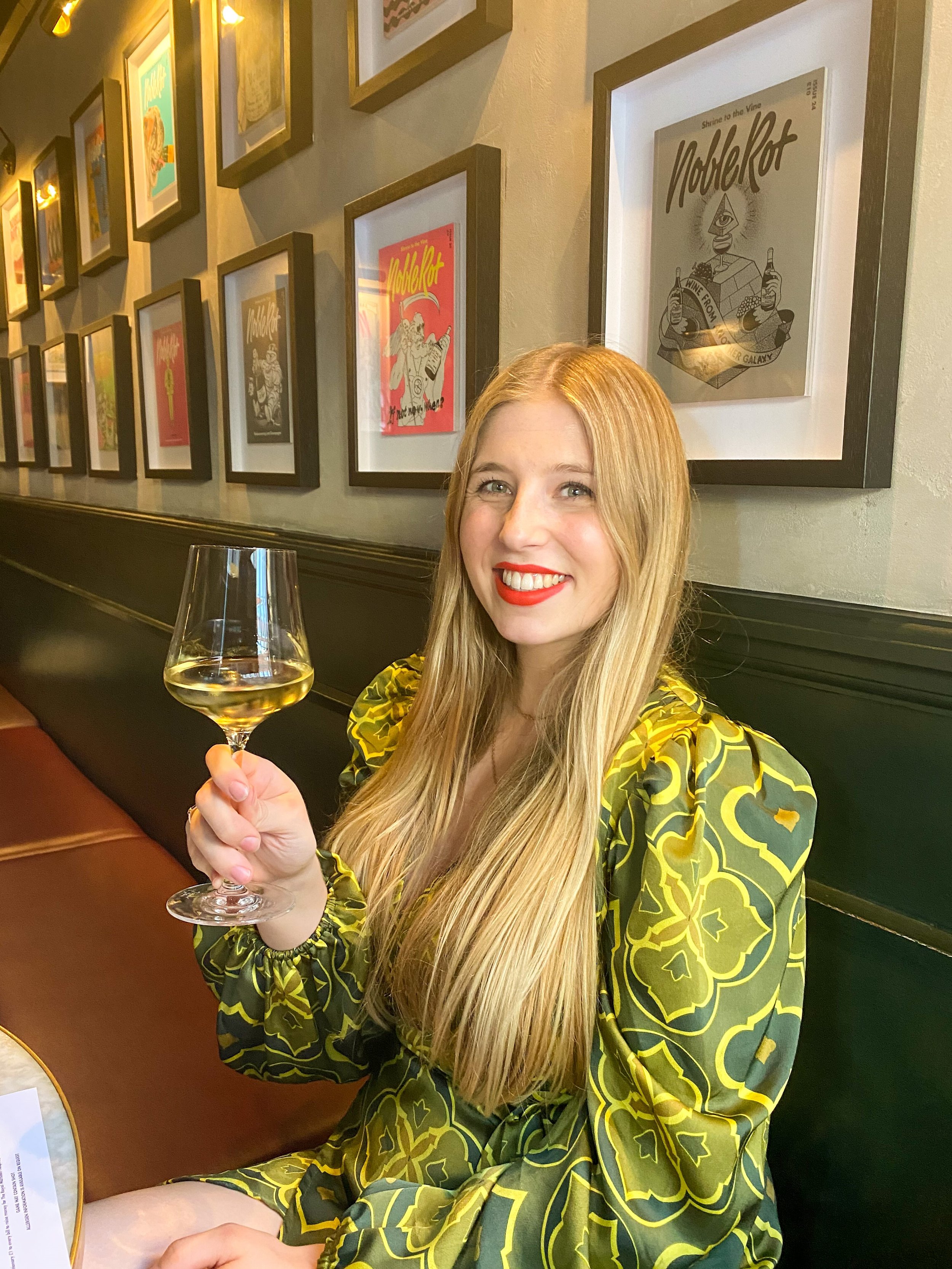Entering the wine industry – reality check
What does a wine expert look like? While the trade is taking positive strides to acknowledge, recognise, embrace and respect all wine professionals what does a wine professional or wine expert look like to a wine consumer? Do people that don’t fit the stereotype have something extra to prove in the mind of the consumer? Maisie Turner who is 4 years into her wine career shares her experience and journey so far and talks to others that have recently joined the trade about what it’s like to wear the glass slippers only to be told (by consumers) that they don’t fit. — Maisie Turner
“Yes, well women don’t know anything about wine”, proclaimed a man in his sixties, quite proudly, to the other 50-or-so participants dialled into the Zoom wine tasting that I was hosting. This was in response to me politely correcting his answer to a tasting-related question (his own question, I might add). Having eagerly completed wine qualifications alongside my university degree and about to begin my WSET Diploma, I was keen to throw myself into the world of wine. My entrance into the industry began as soon as I hit ‘send’ on the final piece of undergrad coursework. My first foray as a wine expert was hosting tasting events for Sip it Wine, which then became fully virtual due to the pandemic. I brushed off the sour comment and continued the evening with renewed support from others in the crowd. By this point I was quite used to the fact that, as a 21-year-old woman in the position of a wine professional, I did not fit the mould that was expected of someone in this role. For people to confidently expose it in this way was only further proof of what I already knew.
Luc Bouet, formerly Assistant Manager of Grape Minds, speaks on his customer facing experience:
“I found integrating into the wine world relatively easy, although one thing I have always had to deal with is that older customers have a difficulty accepting that someone younger can be more knowledgeable than them. Getting people to take you seriously, despite being young, even when you say all the right things and have all the credentials can be frustrating.”
Despite doing his job well, with excellent knowledge, customers sometimes hesitated to accept his expertise. In both Luc’s and my own lived experience, it seems that consumers struggle when their idea of a “wine professional” is not mirrored back to them. It is then left to the professional to legitimise their knowledge to win over the uncertain customer. Nicole Muscari (@grapechic) touched upon this in an Instagram story, where she highlighted how she always wears her wine qualification pin when hosting wine dinners, because “unfortunately, ‘younger’ women in wine always have to prove they belong in a place of authority”. Until there is a change in perception, it is likely that this fragment of the industry will have to be loud and proud about qualifications and achievements, in order to be taken seriously.
Interestingly, just like Luc, I have also felt very welcomed by those within the wine trade. Bosses have often been excited that I, as a member of the next drinking generation, am interested in fine wine. I have received some lovely advice and mentoring. So, there is an apparent disconnect between the current reality of the wine world and the reputation it has to outsiders. What could be the cause of this? Perhaps it’s because public figures of the trade fit into the expected mould. Or, the fact that wine is still regarded as an older generation’s drink.
But Luc also explains how the world of wine is opening up.
“In terms of entering the industry as a young person, it is now much easier to get into wine, because there is so much knowledge and information out there, on social media and generally online. From what I hear about what it was like in the past, it was far more stuffy and there were sommeliers and wine experts who would guard information, not really wanting to share it with customers and enthusiasts. So, in that respect, I think it’s easier for people to get the wine bug and acquire their own knowledge before they take their first leap.”
With more and more ‘untraditional’ professionals joining the trade in the coming years, down to this increased accessibility, the problem of outside reputation could potentially fix itself over time. Until then, be prepared to boast on a colleague’s behalf if you feel their expertise being unfairly questioned.




